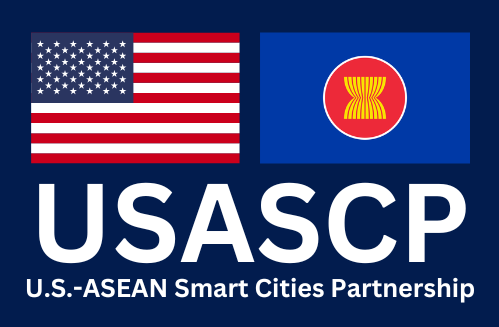
The U.S. Department of State is hosting an integrated, multi-partner symposium entitled Accelerating Science, Technology and Circular Innovation in Southeast Asia, in cooperation with the U.S-ASEAN Smart Cities Partnership (USASCP), Arizona State University, Rochester Institute of Technology and other partners July 17-19, 2024, at the Crowne Plaza Vientiane.
The Symposium is structured in three mutually reinforcing tracks: smart sustainable cities, cooperation in science, technology, and innovation, and circular economy and entrepreneurship. It will bring together public and private sector actors involved in programming across multiple disciplines and urban sectors. Participants will benefit from shared program experiences, pilot city studies, and technical knowledge, in the fields of cybersecurity, circularity, agri-tech, energy modeling, and governance models. Participants will also have opportunities to socialize new ideas and innovations among professional networks.
Symposium Summary
Updated: September 2024
The 2024 Symposium on Smart Cities Innovation, Biotechnology, and Circularity organized July 17-19, in Vientiane, Laos, built upon the Symposium on Accelerating Science, Technology, and Circular Innovation in Southeast Asia, held during the 2023 EAS Leaders’ Summit in Jakarta. The 2024 Vientiane Symposium attracted over 160 participants and partners across the ASEAN region, including universities, business incubators/accelerators, NGOs, and city stakeholders, to showcase programming and innovation in environmental biotechnologies, circular entrepreneurship and resource circularity in the construction, e-waste, and textile sectors. An emphasis on climate resiliency demonstrated the application of nature-based based solutions in water systems and the built environment for mitigation of urban heat island, water contamination, flooding, and air pollution. The presentations and slide decks of the speakers can be found below.
Key takeaways include:
- Green Building Innovation Education and Research: USASCP partner University of North Carolina (UNC)– Charlotte provided an overview of their innovation curriculum consisting of 15 courses, such as bio-climate design, life cycle assessment, among other educational modules to address operational and embodied carbon in the built environment. Much of this curriculum is being incorporated into the architecture and engineering faculties both at UNC and the three ASEAN university partners, Gadjah Mada University in Indonesia, Chulalongkorn University in Thailand, and Ho Chi Minh City University of Technology in Vietnam; all the courses can be accessed at the UNC website. Complementary research projects were presented to promote building sustainability focused on the use and testing of hempcrete as a construction material as well as the documentation of the multi-faceted impact of green walls with local vegetation to reduce energy demand, enhance thermal comfort, and potential for cultivating food.
- Digital Platforms for the Circularity of Building Materials: The construction sector is well positioned to embrace digitalization to facilitate and promote the recovery, reuse and exchange of excess and deconstructed building materials. An introduction to European and Malaysian digital platforms provided structural models that could be adapted to local market conditions. This effort aims to advance understanding of resource circularity within the ASEAN region, to create platforms for potential business opportunities, and to reduce the building sector’s climate and embodied carbon impacts.
- e-Waste Sustainable Supply Chains in ASEAN: Key aspects of e-waste in the region, including data sharing, local collections, informal sector, and private sector engagement, were addressed in partnership with the Government of Japan’s Ministry of Environment, Economic Research Institute for ASEAN/Asia, and Rochester Institute of Technology. Indonesia’s Ministry of Environment and Forestry as well as ASEAN, Japanese and U.S. private sector companies identified priorities areas for policy development, awareness raising, and investment. Continuing collaborative work will launch the socialization of the current national government regulatory policies and the broad impacts and opportunities of e-waste for city authorities throughout the region.
- Nature-based Solutions for Climate Resilience: Discussions regarding education, water, and buildings highlighted the multifunctionality of nature-based solutions. The Agroecology project funded by the Smart Cities Business Innovation Fund in Phnom Penh improves access at four public city schools to greenspace and knowledge of agroecology and public health issues. The project provides practical demonstration to students and teachers of the multiple benefits of the school gardens and their associated ecosystems services from the nature and biodiversity. The students’ physical activity coupled with learning about food production and cultivation raises awareness of the natural systems and fosters a sense of environmental stewardship.
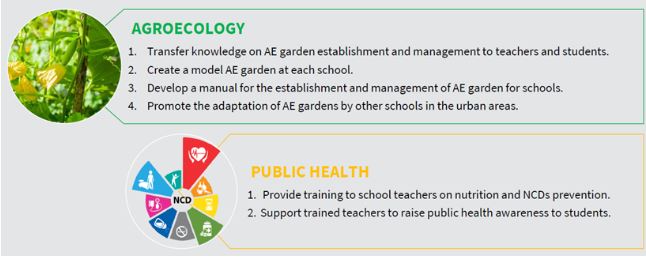
- Water Smart Engagement (WISE) in ASEAN: WISE Program partners in Phuket, Hoh Chi Minh City HCMC), and Vientiane shared climate challenges in water scarcity, pollution, and water quality as well as storm surge and flooding. All urban utility partners are taking measures to strengthen the resilience of their systems, including by expanding reservoirs and water distribution infrastructure, building staff and technical capacities for emergency situations, increasing water quality testing, and exploring use of nature-based solutions to address water contamination and enhance water resource sustainability.
Program Agenda
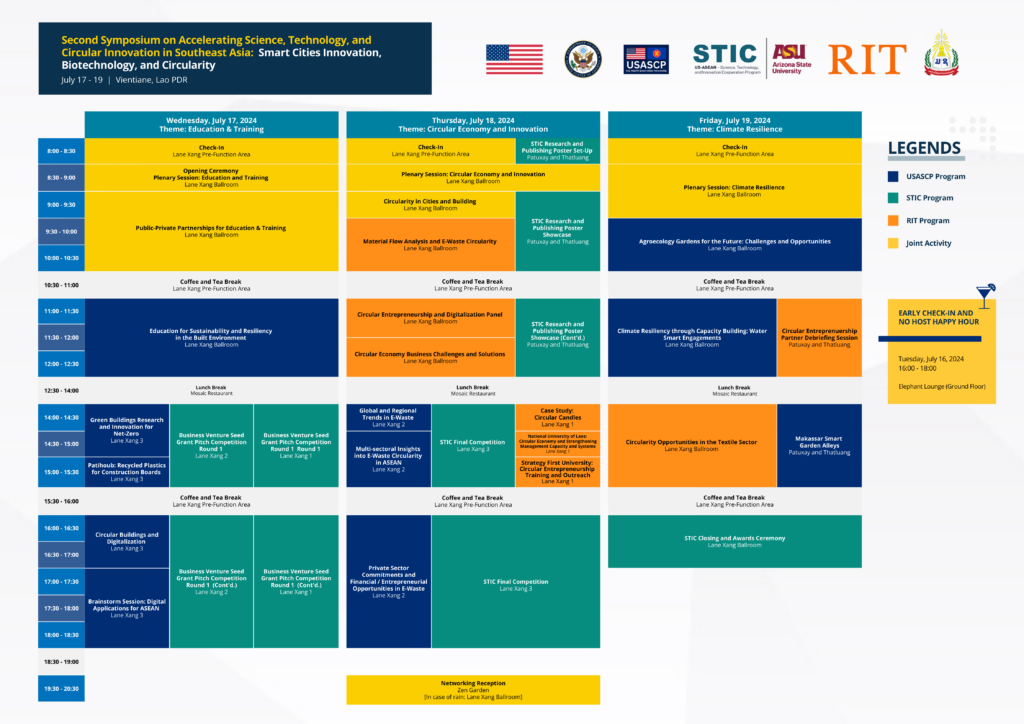
Day 1: Education and Training
Day 2: Circular Economy and Innovation
Day 3: Climate Resilience
Photo Gallery
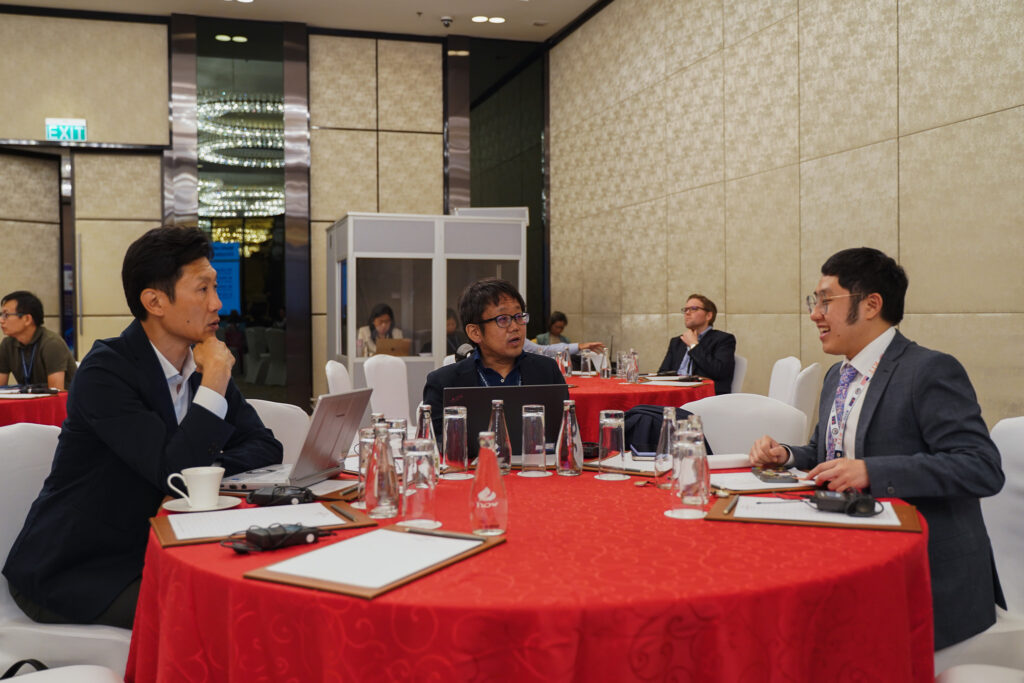
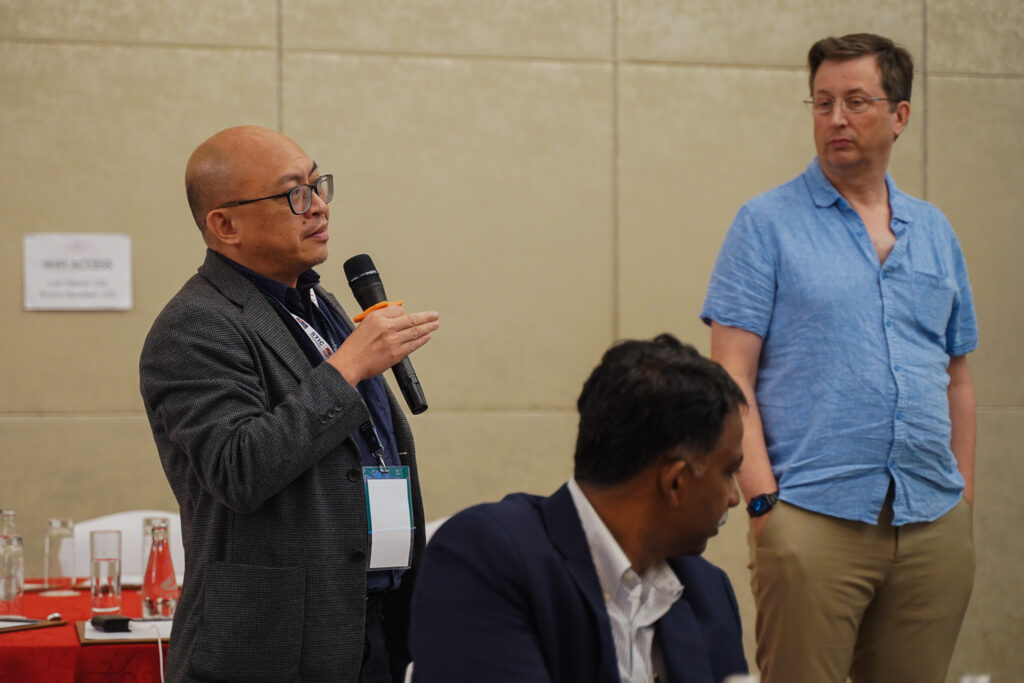
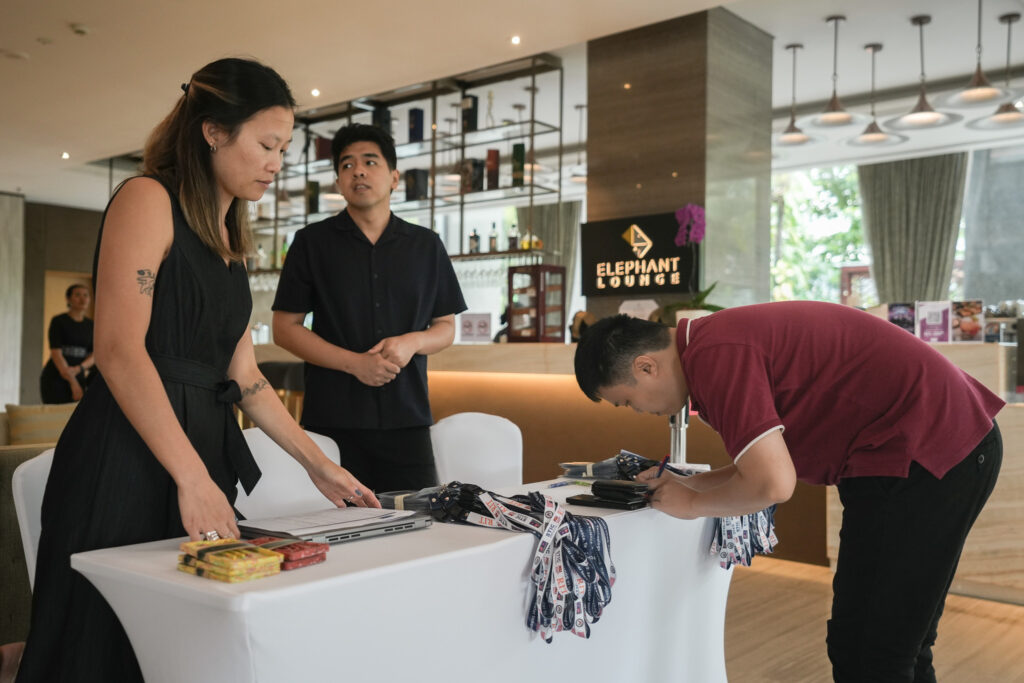
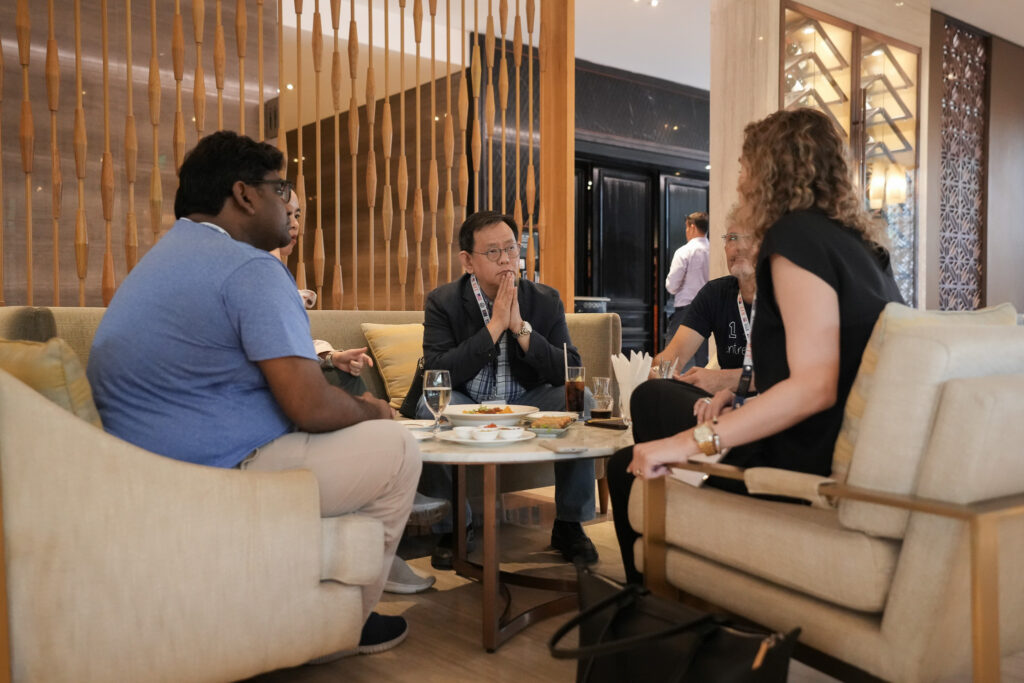
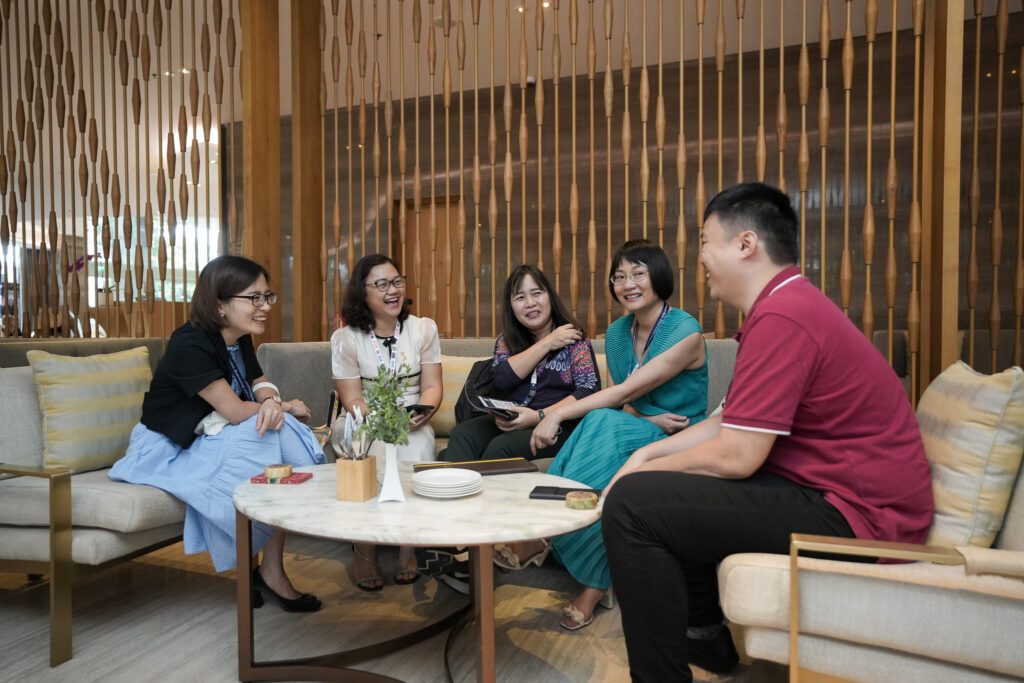
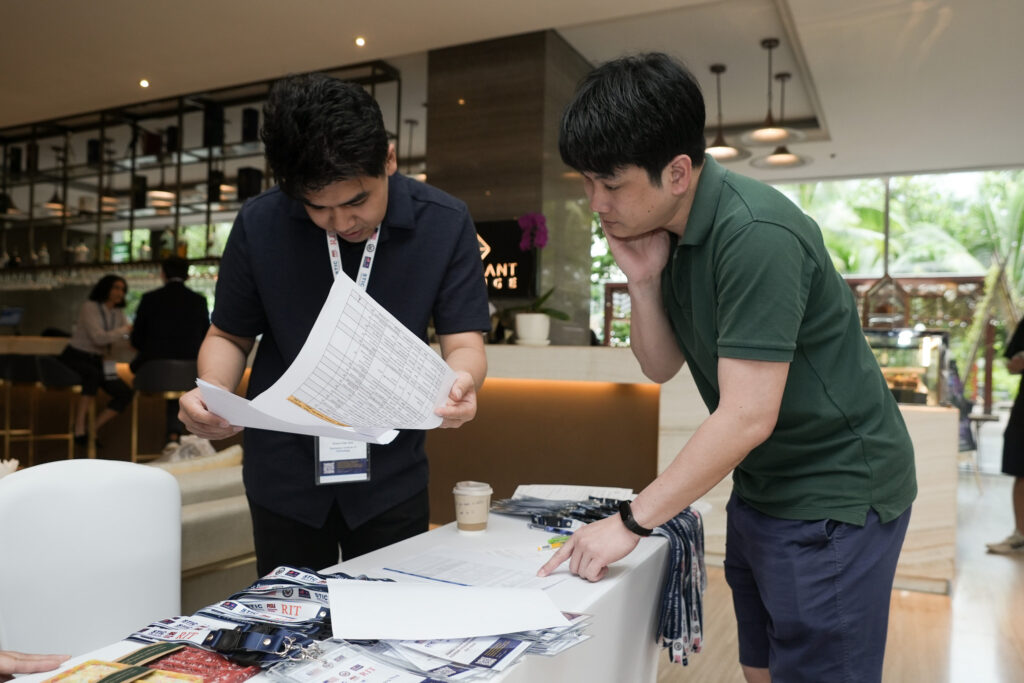
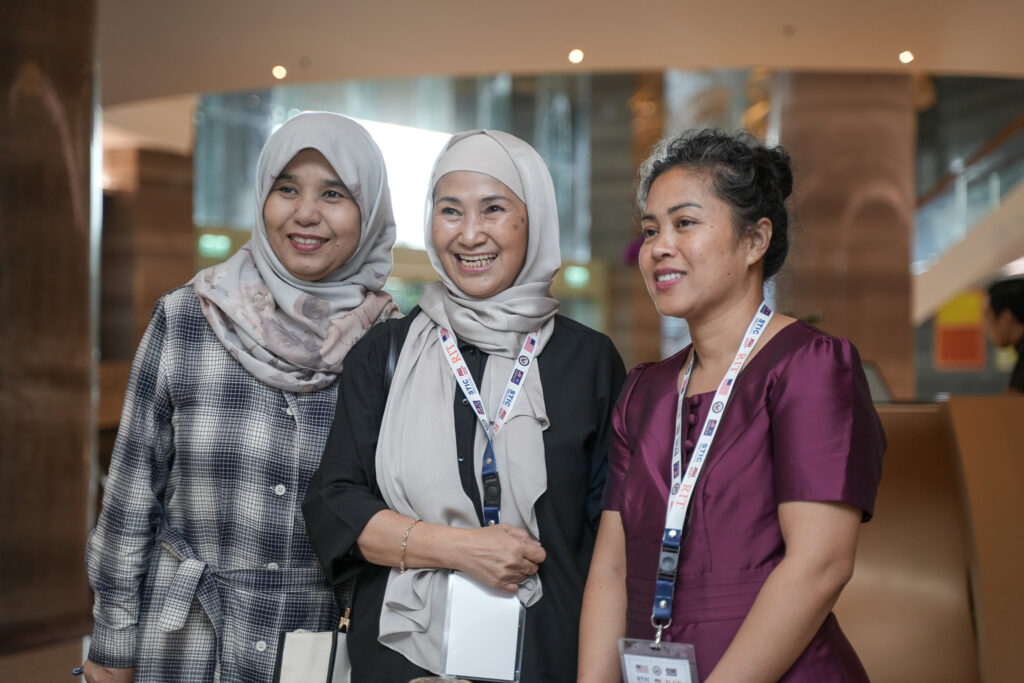
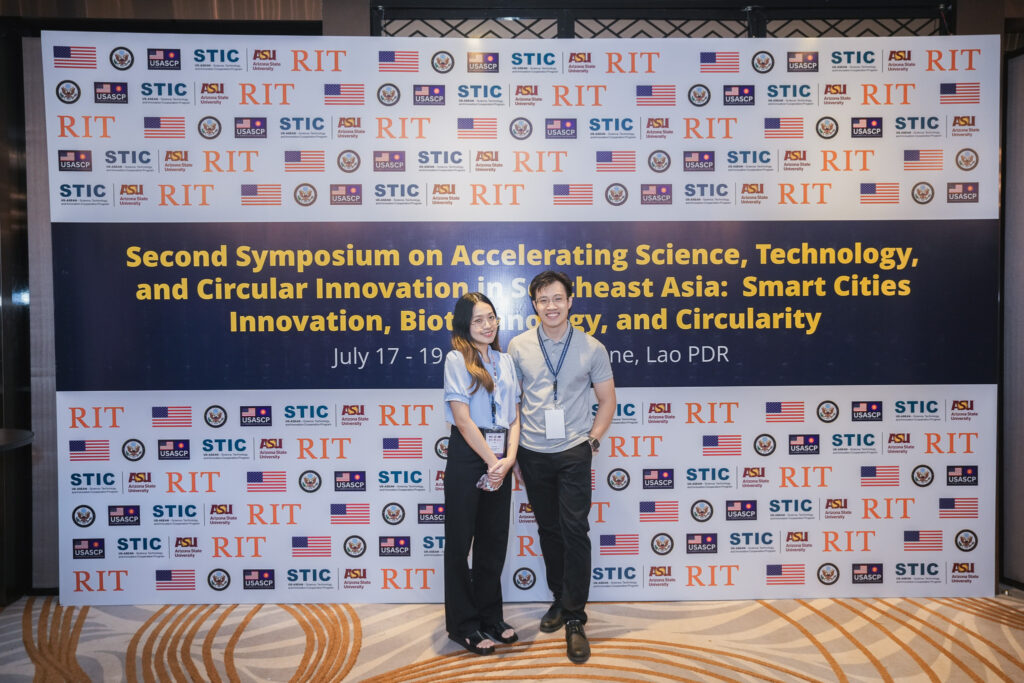
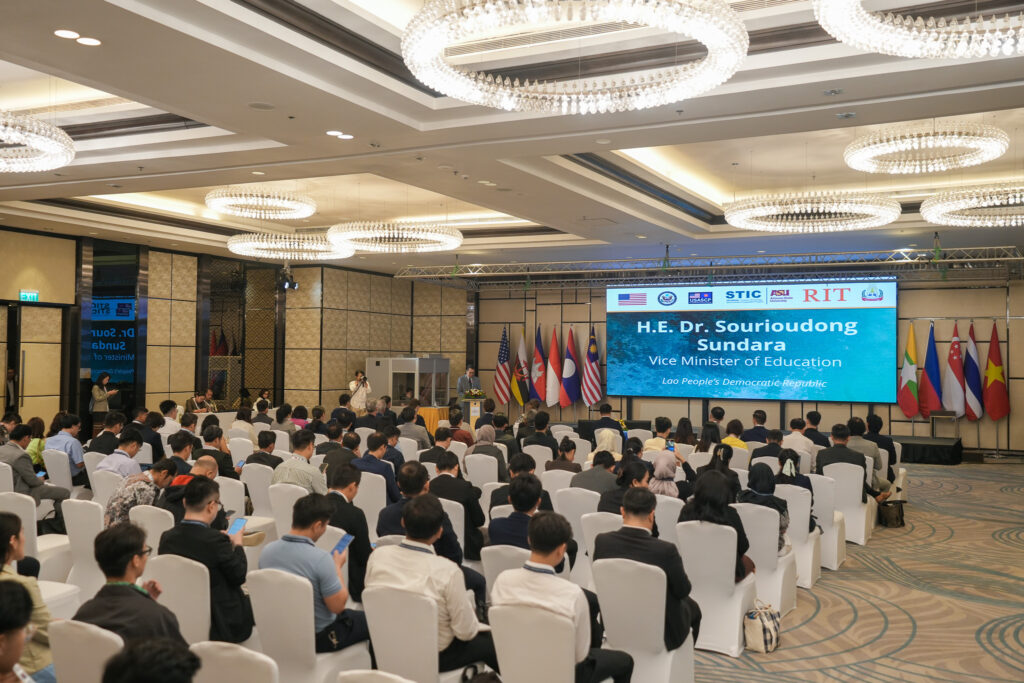
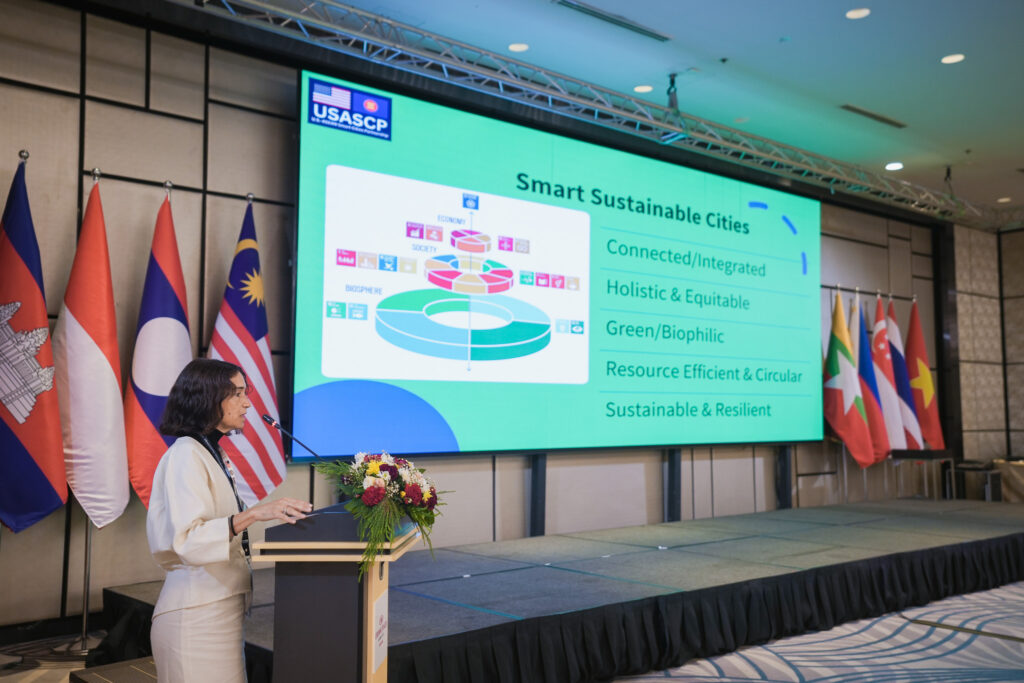
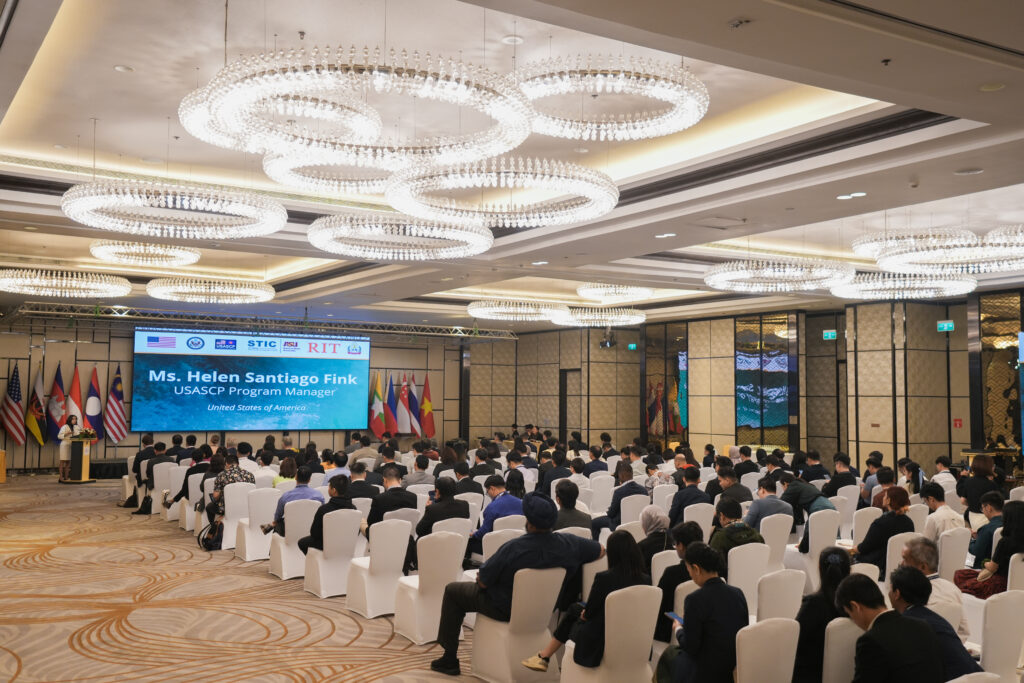
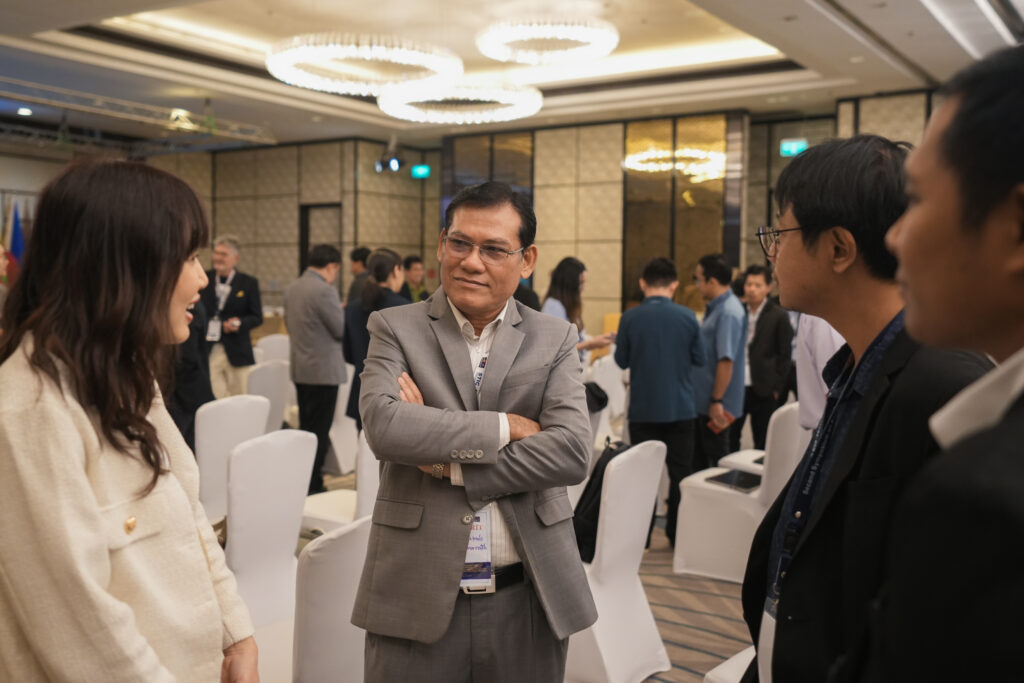
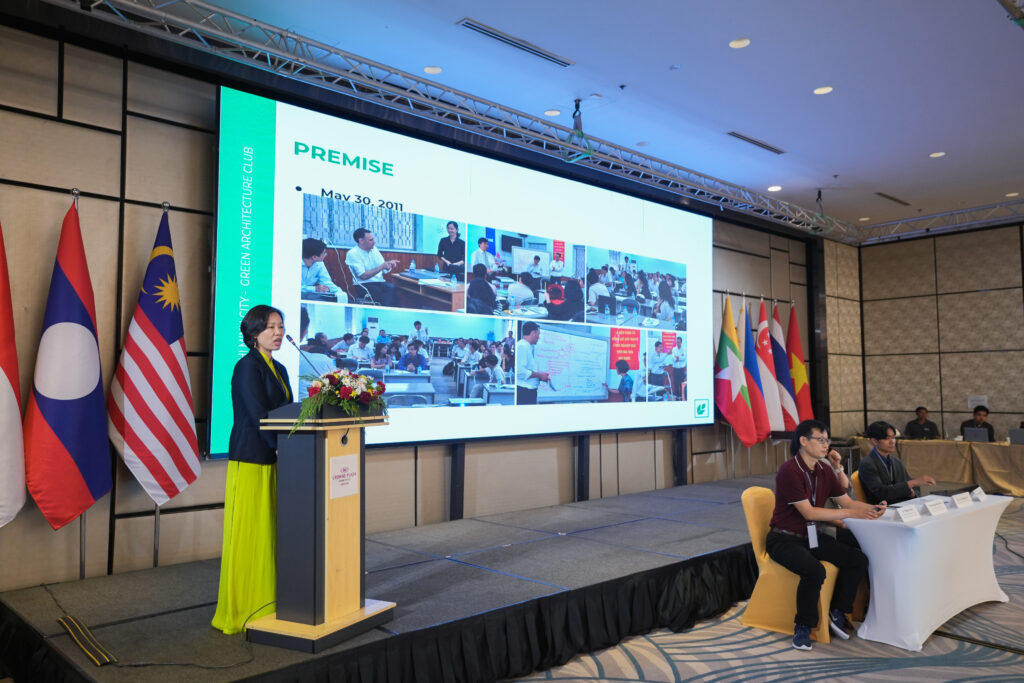
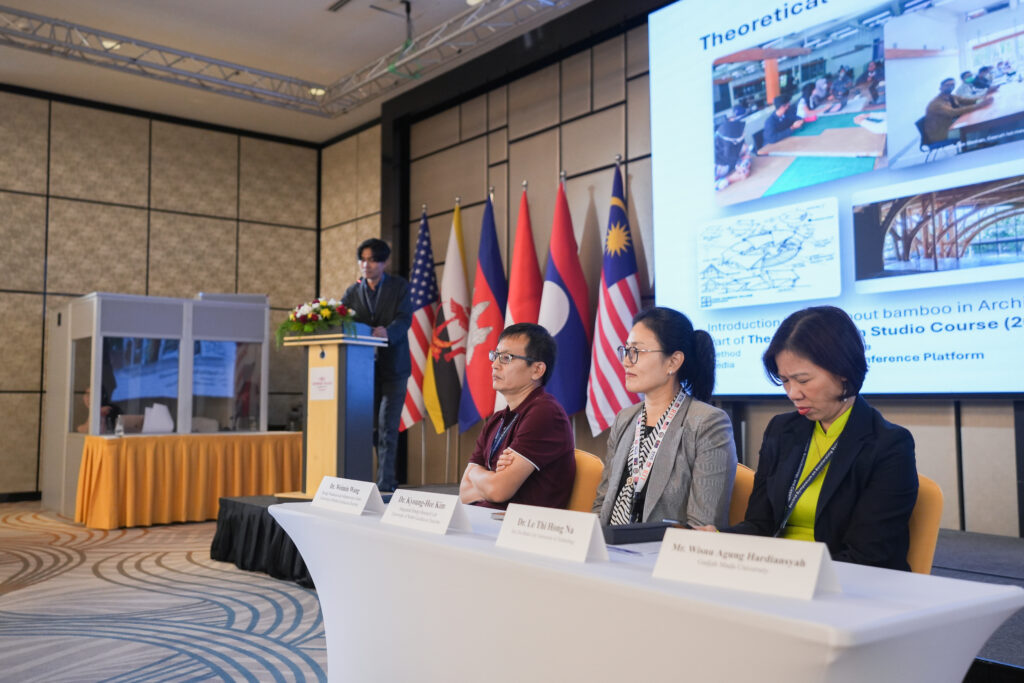
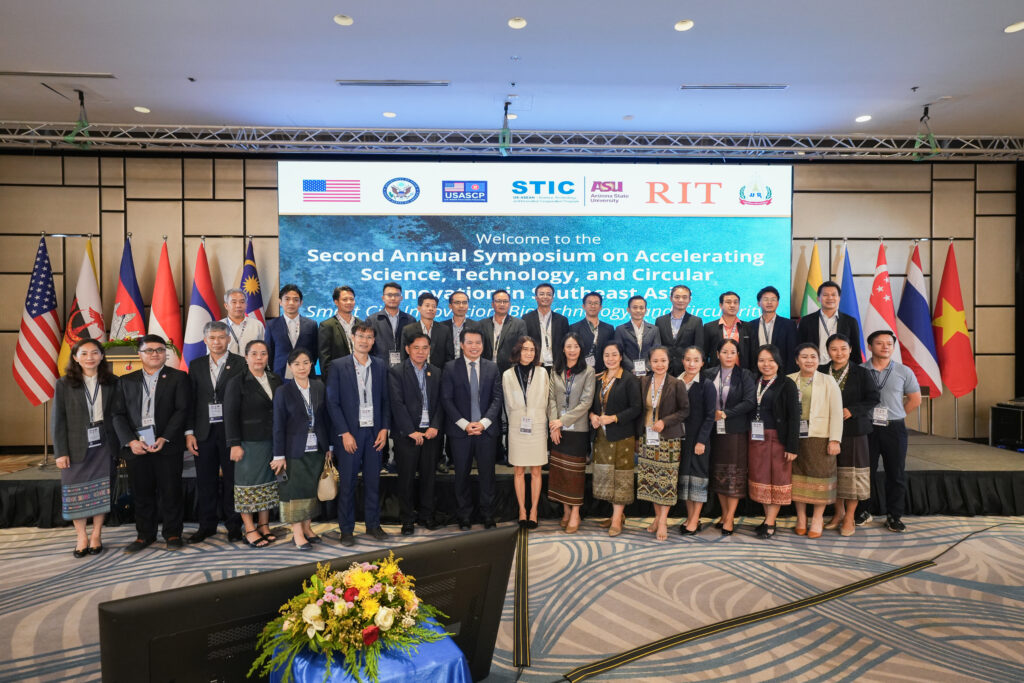
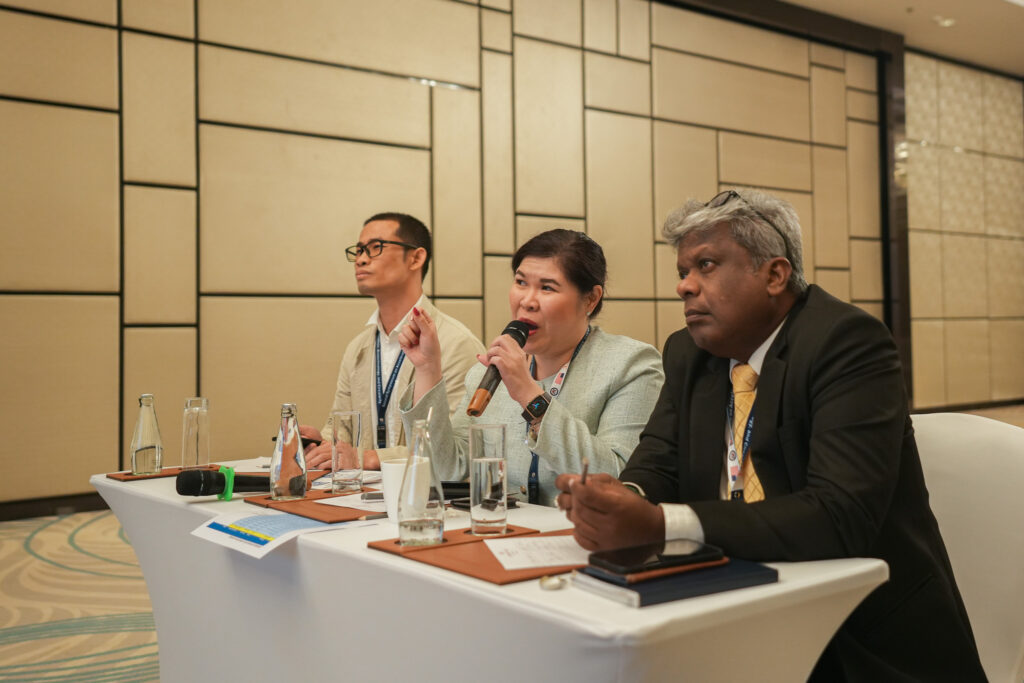
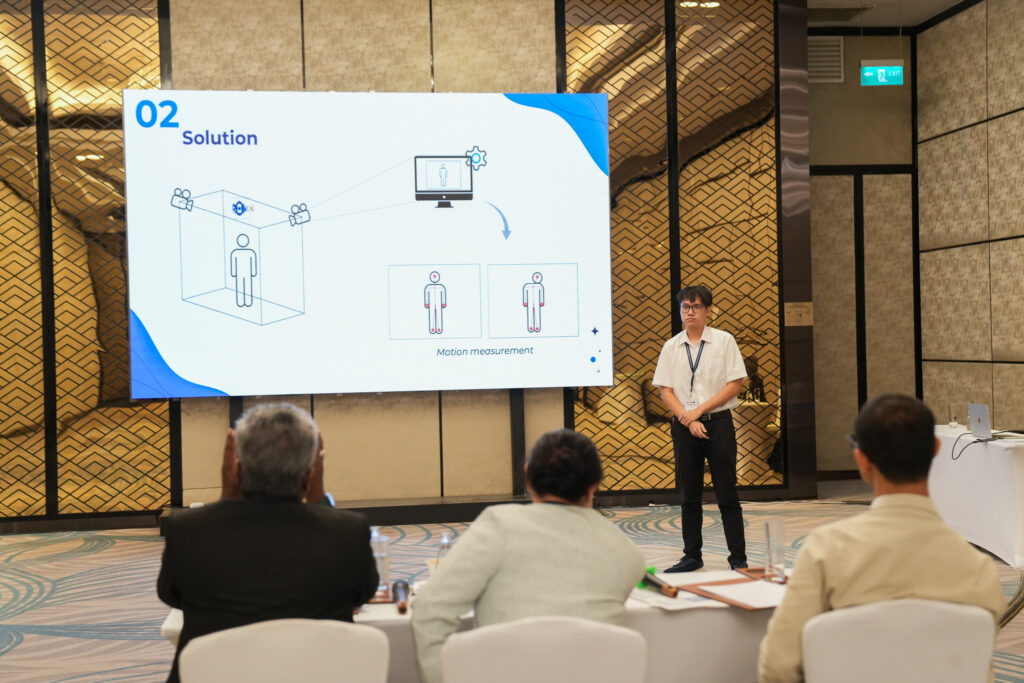
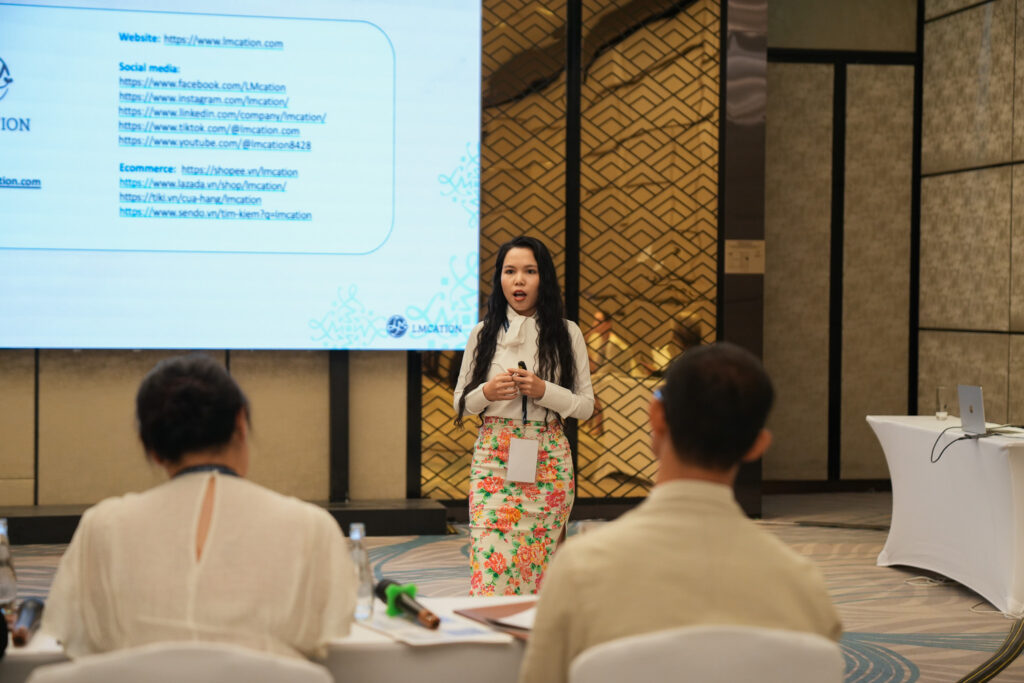
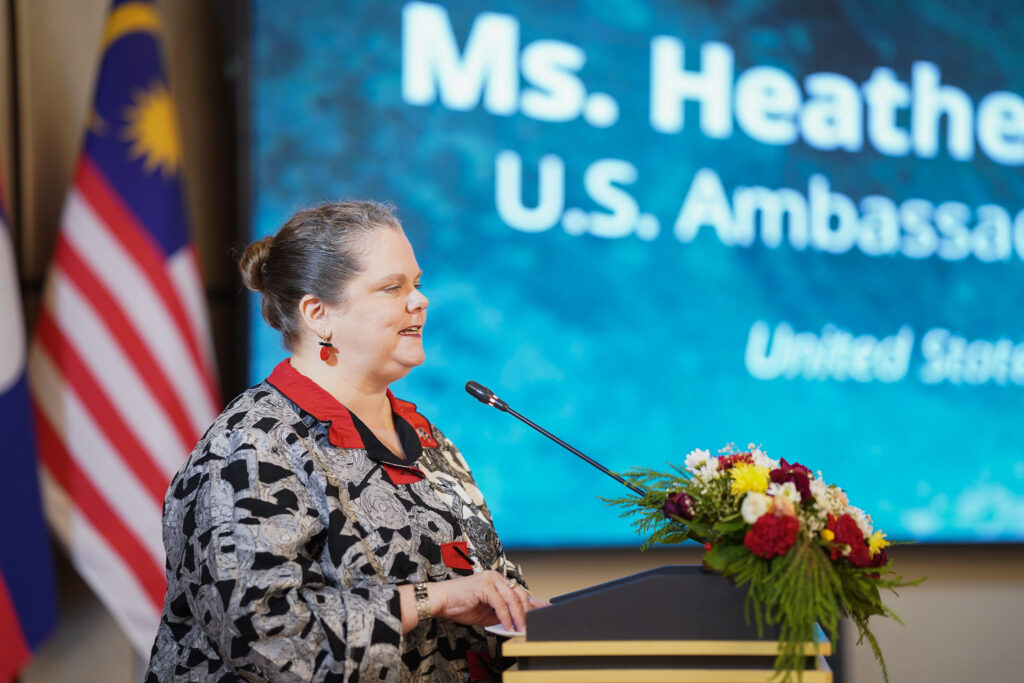
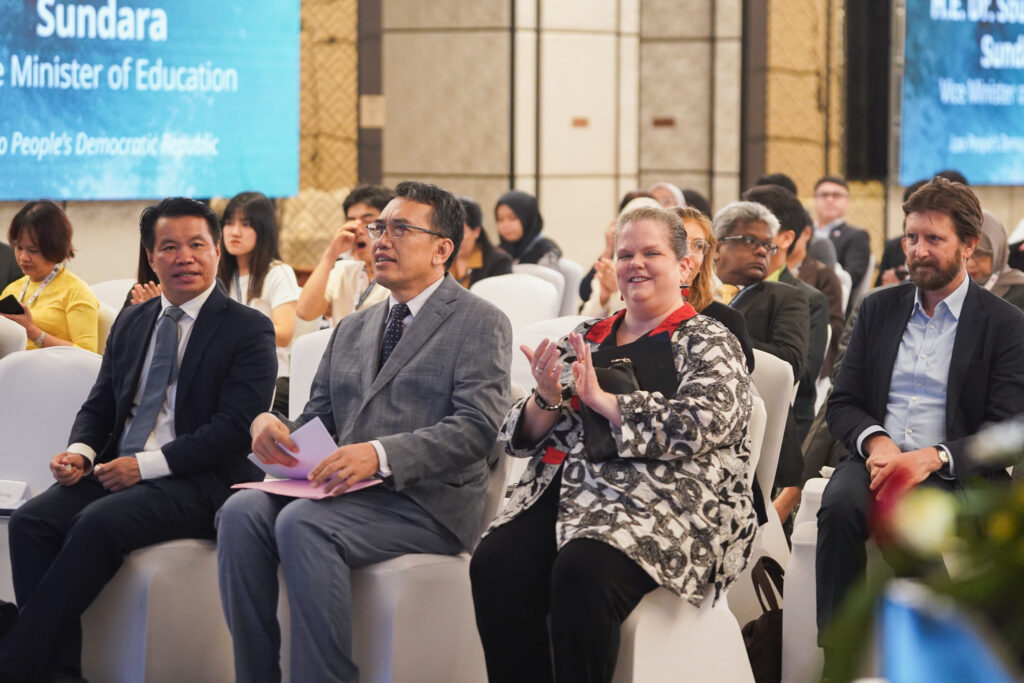
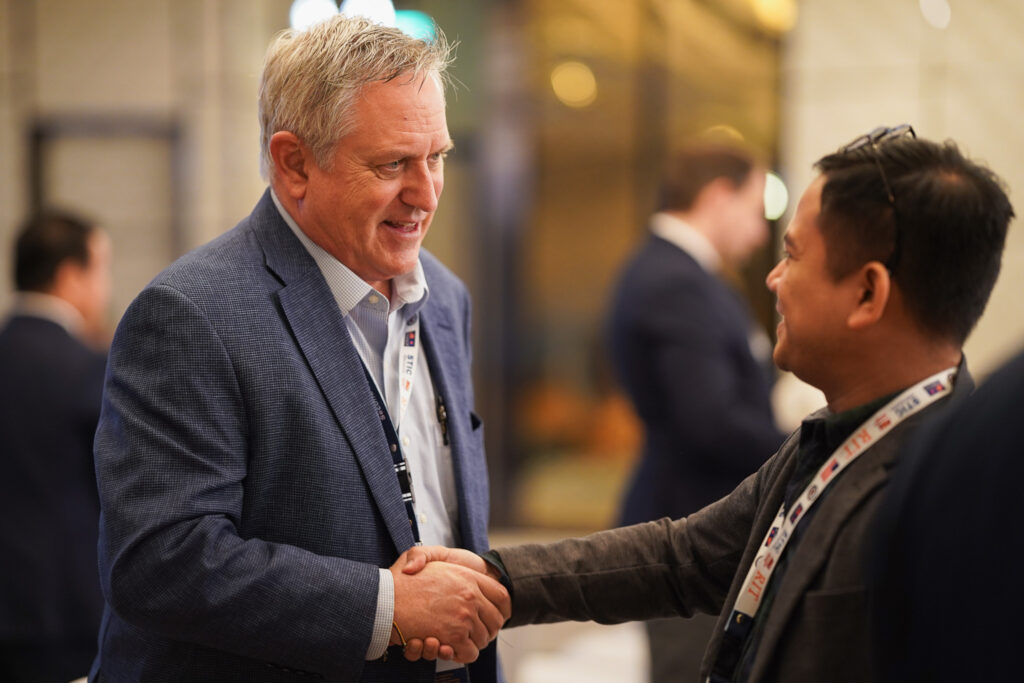
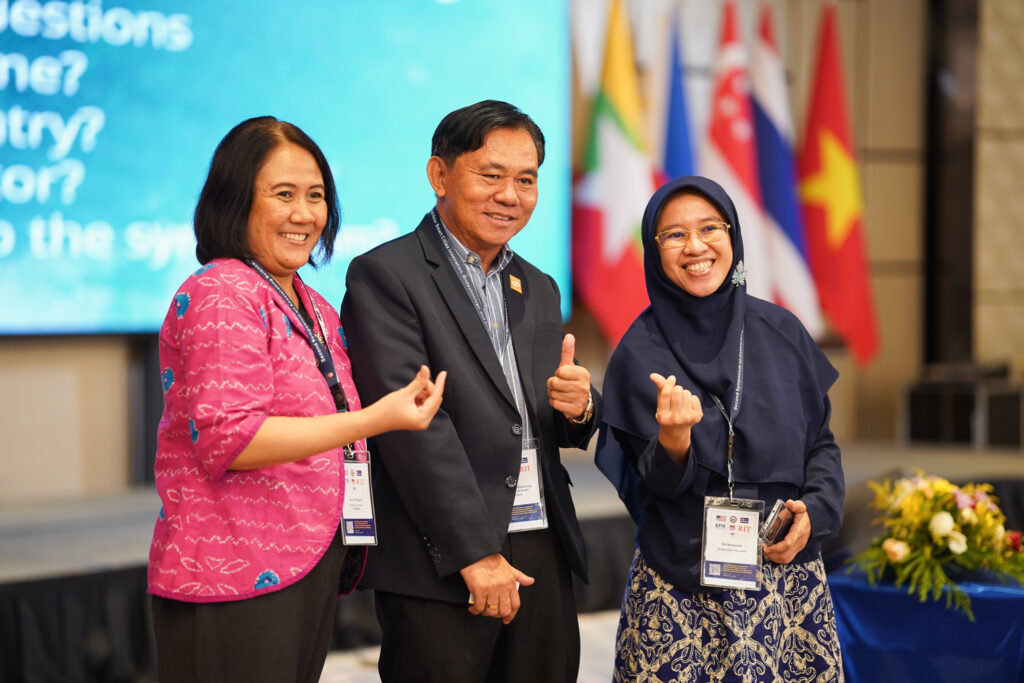
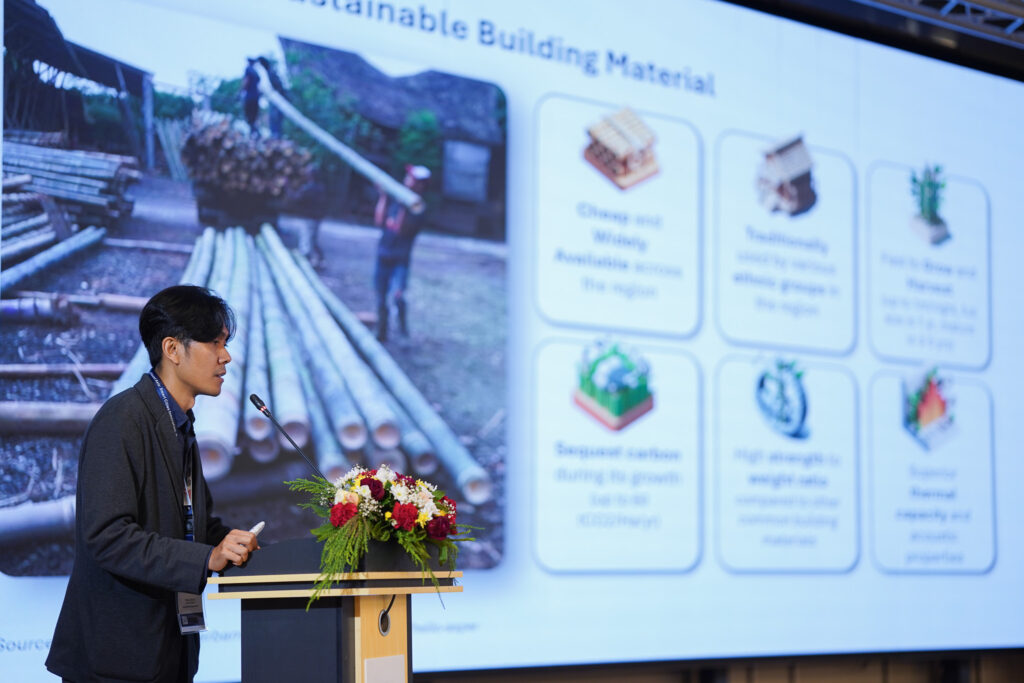
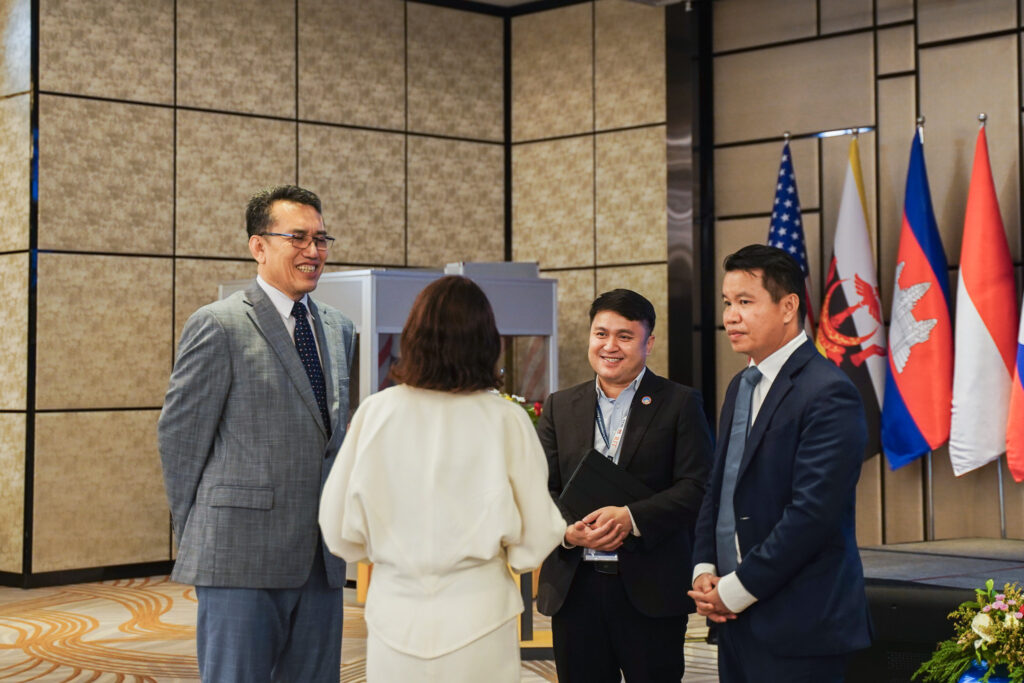
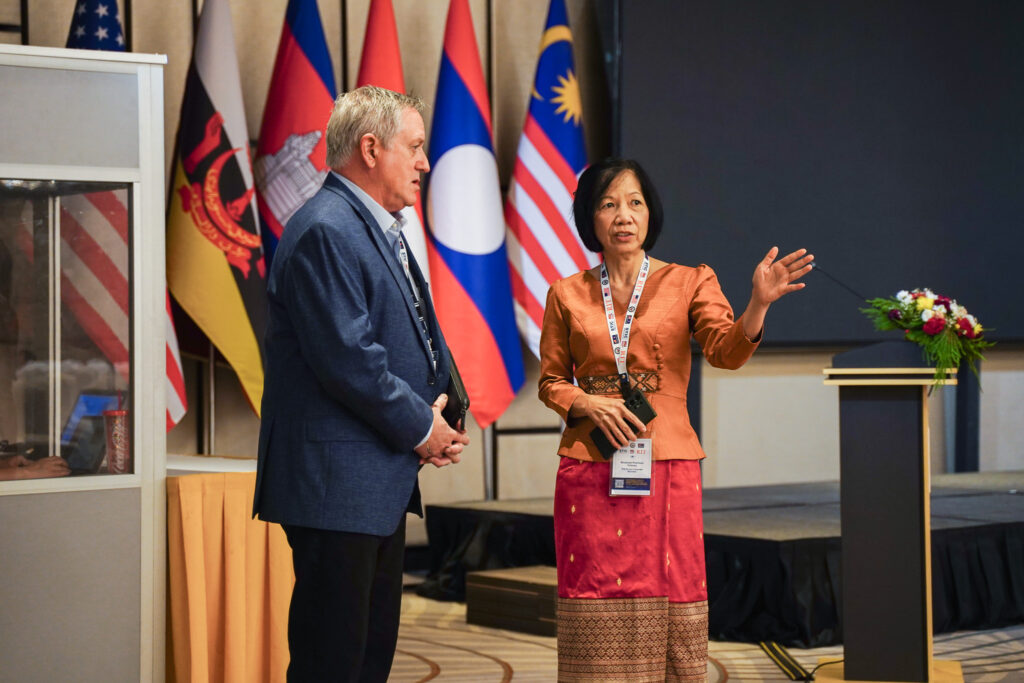
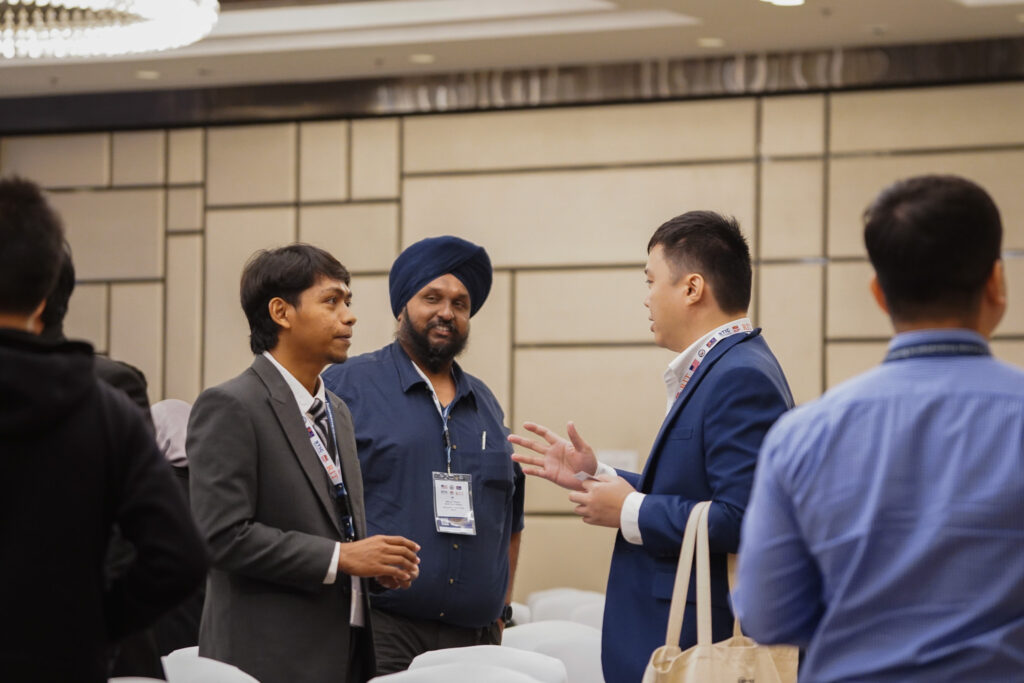
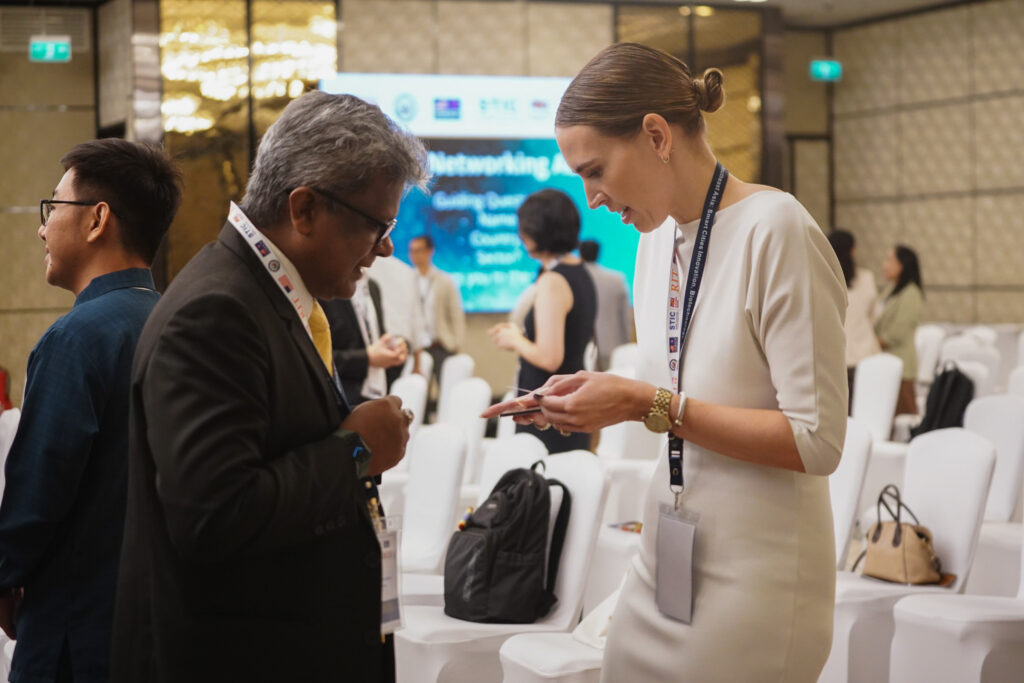
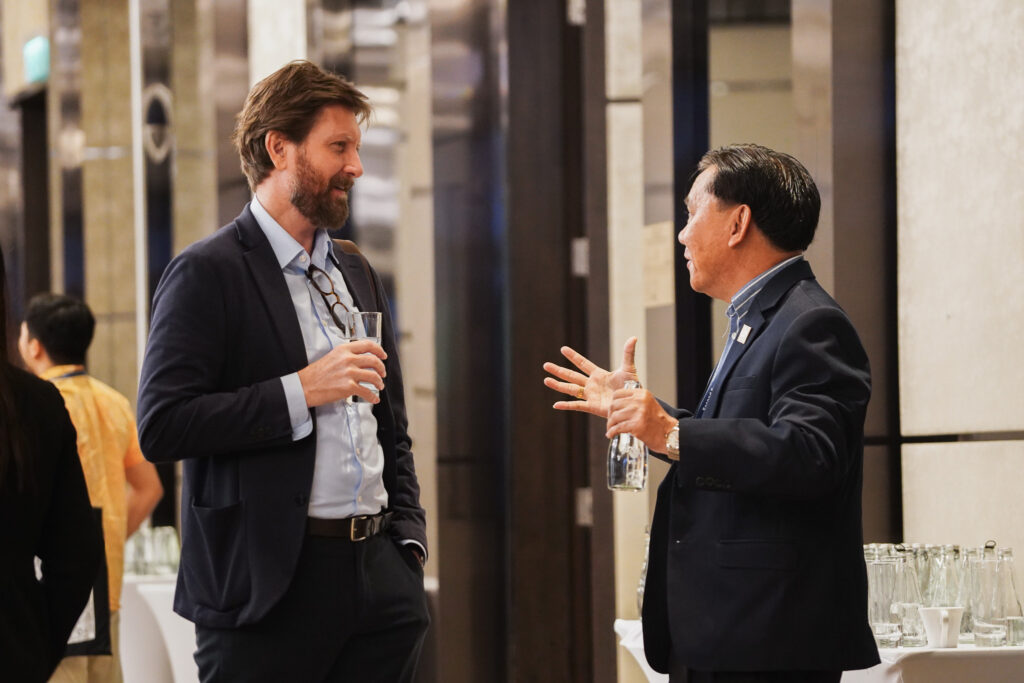
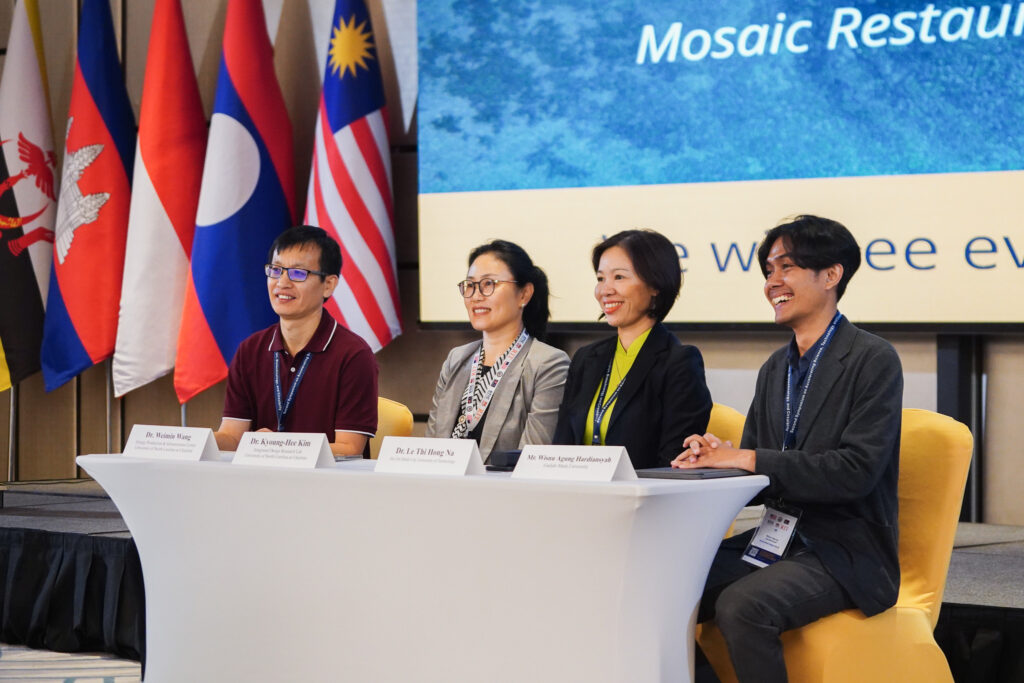
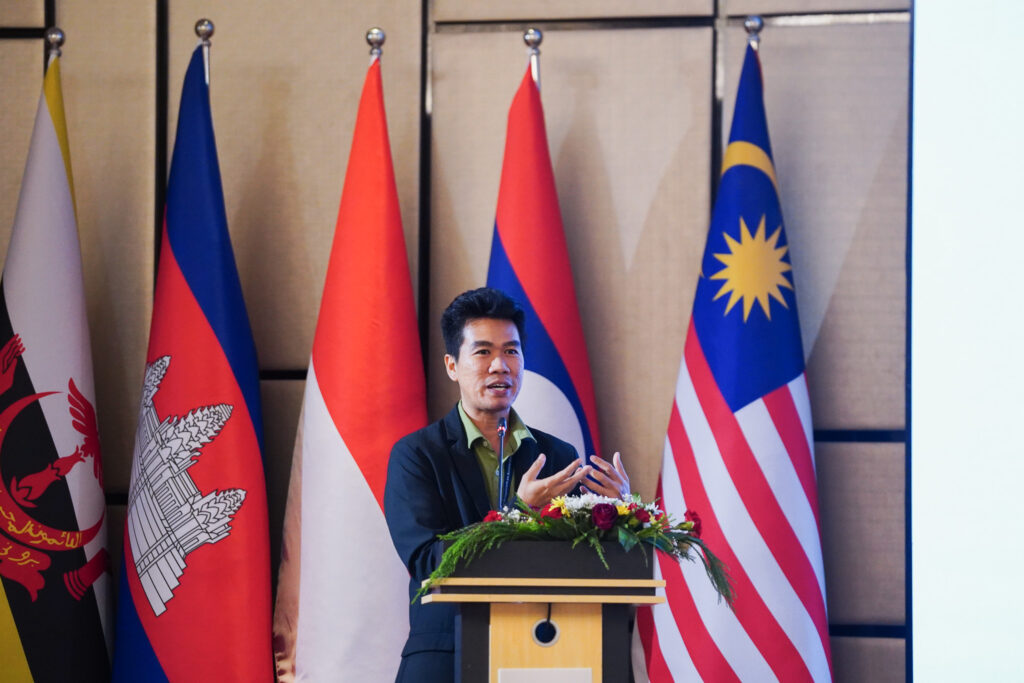
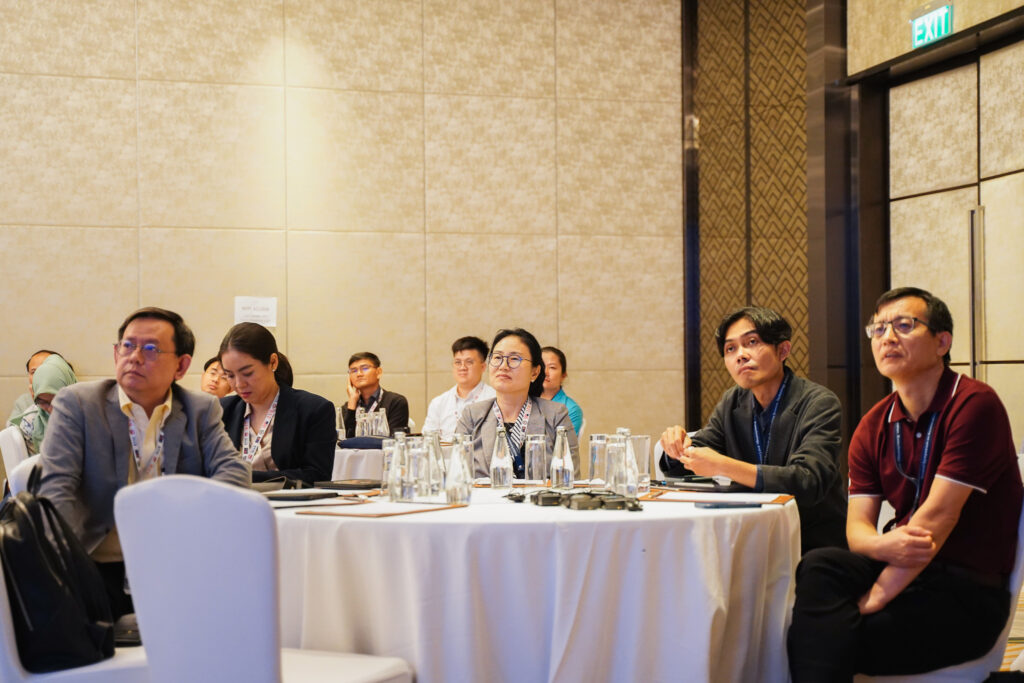
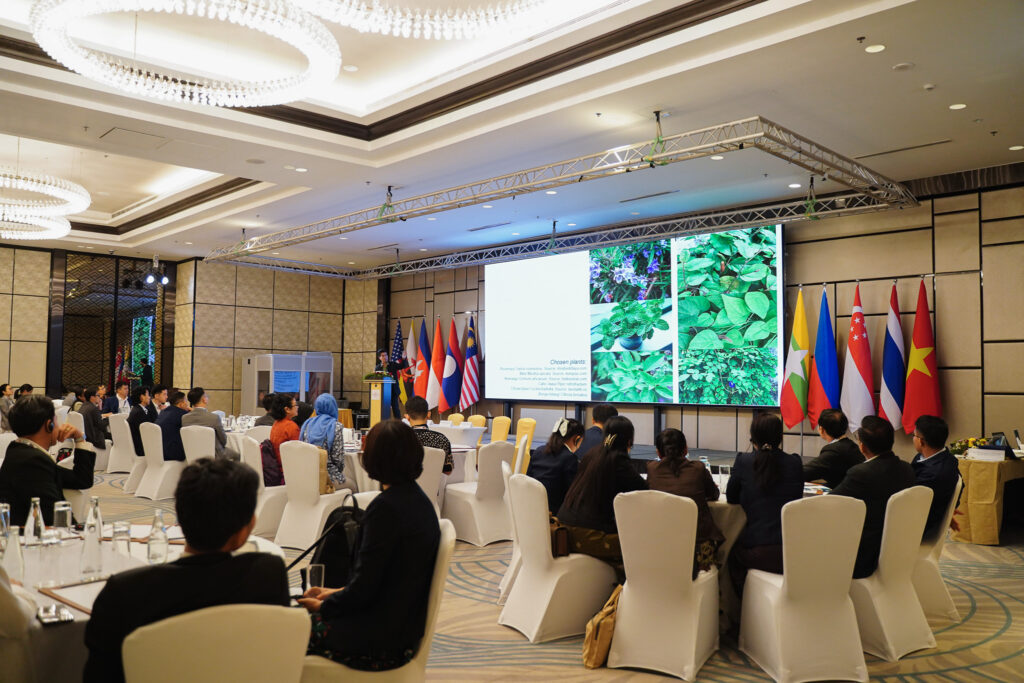
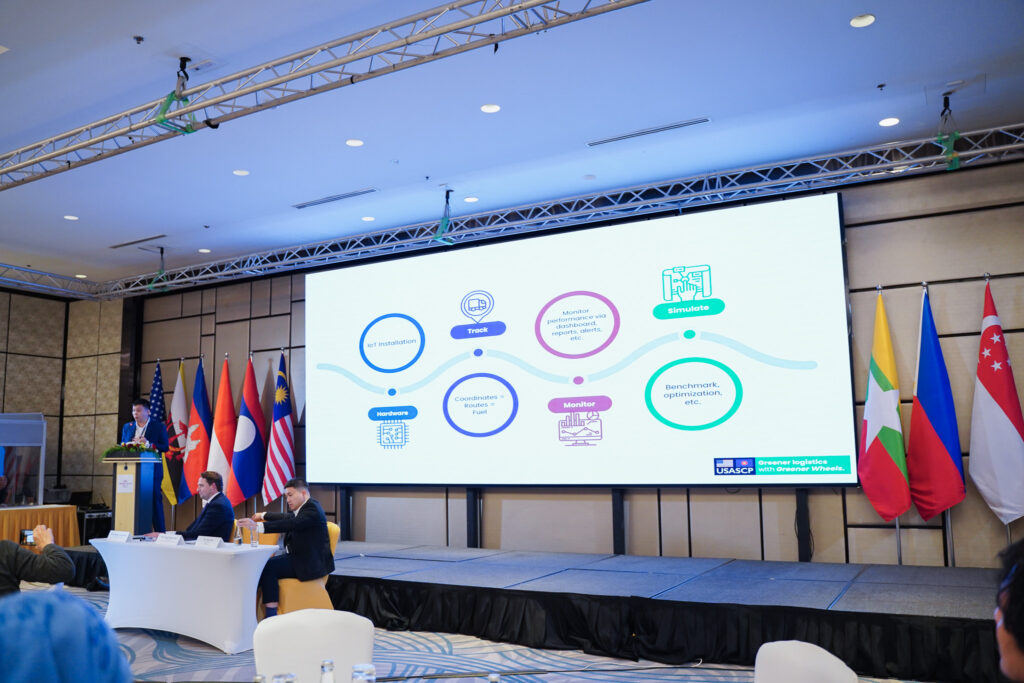
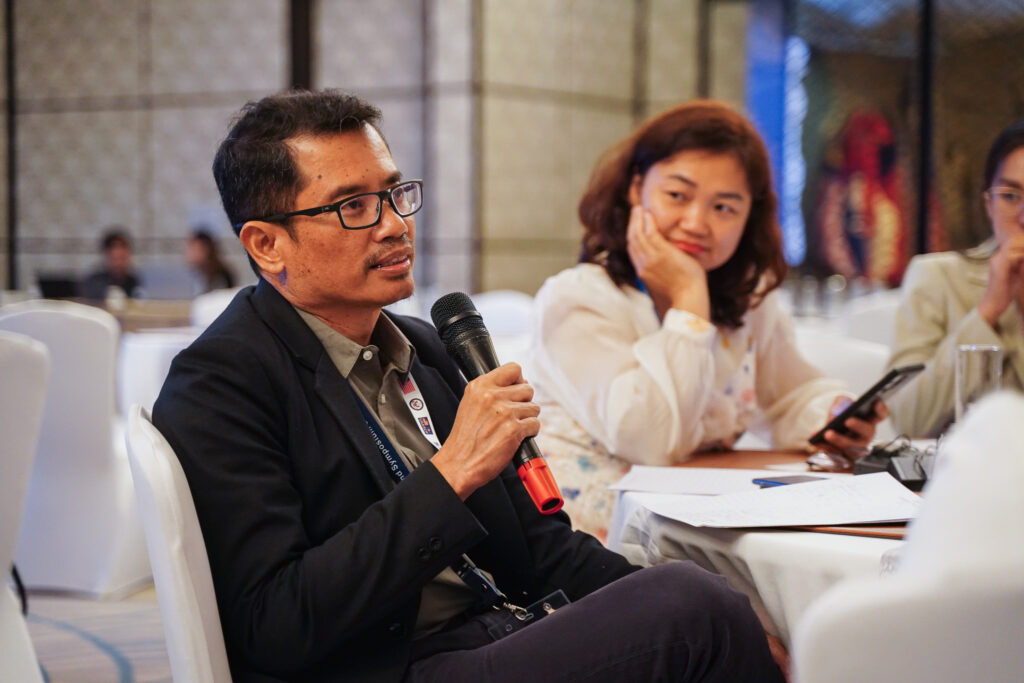
 U.S.-ASEAN Smart Cities Partnership
U.S.-ASEAN Smart Cities Partnership
